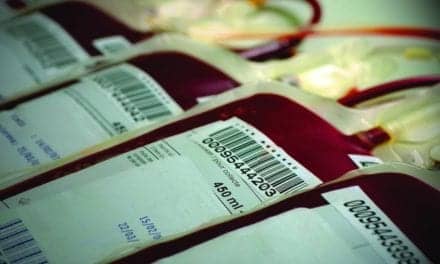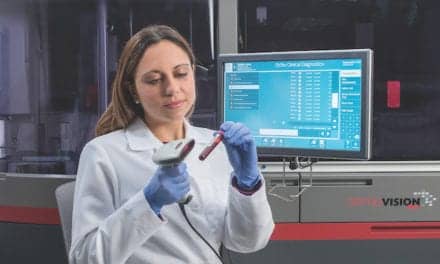Summary: Natera has launched Prospera Heart with Donor Quantity Score (DQS), enhancing its ability to detect rejection in heart transplant patients by providing more accurate risk assessments.
Takeaways:
- Prospera Heart with DQS incorporates a two-threshold algorithm combining traditional donor fraction and DQS, improving sensitivity and specificity in detecting rejection.
- A study involving 703 plasma samples from the University of Utah and UC San Diego demonstrated improved performance metrics, including increased sensitivity and specificity, when using DQS.
- This innovation is expected to reduce unnecessary biopsies and follow-up procedures for heart transplant recipients, offering clearer rejection risk assessments compared to traditional methods.
Natera, a provider in cell-free DNA (cfDNA) and genetic testing, announced the launch of Prospera Heart with Donor Quantity Score (DQS), further enhancing Prospera’s ability to detect rejection in heart transplant patients.
More Accurate Risk Assessments for Transplant Patients
Traditionally, donor-derived cell-free DNA (dd-cfDNA) tests have reported rejection risk based only on the fraction of dd-cfDNA in the blood vs. the total cfDNA (dd-cfDNA %), says Natera. This fraction can be confounded by fluctuations in the amount of background total cfDNA (the denominator), which are sometimes caused by factors unrelated to the health of the transplant, including infection, surgery, or chemotherapy.
Prospera Heart now incorporates a second metric – the DQS – that normalizes for the background total cfDNA. Prospera Heart with DQS combines the traditional donor fraction and the new DQS into a two-threshold algorithm, delivering a single result with more accurate risk assessment for both antibody mediated rejection (AMR) and acute cellular rejection (ACR).
“Over the last two decades, Natera has pioneered cfDNA testing across women’s health, oncology, and transplant medicine,” says Michael Olymbios, MD, medical director, Heart Transplant. “Our extensive experience with cfDNA and Natera’s culture of continuous innovation drove us to further refine Prospera Heart by introducing this two-threshold algorithm to better serve the transplant community.”
New Study Details
A study performed at the University of Utah and the University of California San Diego showed that incorporating DQS enhanced the performance of Prospera Heart in screening for biopsy-proven active rejection. In an initial analysis of 703 plasma samples, the two-threshold algorithm, as compared to the traditional dd-cfDNA % alone, improved several key performance metrics as follows:
- Sensitivity increased from 80.0% to 88.2%
- Specificity increased from 76.1% to 84.2%, reducing false positive results by 37.5%
- Increased negative predictive value (NPV) from 97.4% to 98.6%
The study was presented at The International Society for Heart and Lung Transplantation’s annual meeting in April 2024, and it will be submitted for peer-reviewed publication later this year.
“The initial findings from our study indicate that DQS complements donor fraction and provides a clearer picture of rejection risk for the patient, compared to donor fraction alone,” says Josef Stehlik, MD, MPH, Medical Director of the Heart Transplant Program and Co-chief of the Advanced Heart Failure Program at the University of Utah Hospital. “We believe this innovative technique can lead to fewer unnecessary biopsies and follow-up procedures for heart transplant recipients given the increase in sensitivity.”
A similar two-threshold dd-cfDNA test for assessing the risk of kidney transplant rejection, Prospera Kidney with Quantification, was published in the Journal of the American Society of Nephrology(1) and has been offered by Natera for kidney transplant patients since 2021.
References
- Bunnapradist S, Homkrailas, P, Ahmed, E, et al. Using both the fraction and quantity of donor-derived cell-free DNA to detect kidney allograft rejection, J Amer Soc Nephrology 2021; 32(10): 2439-2441.




